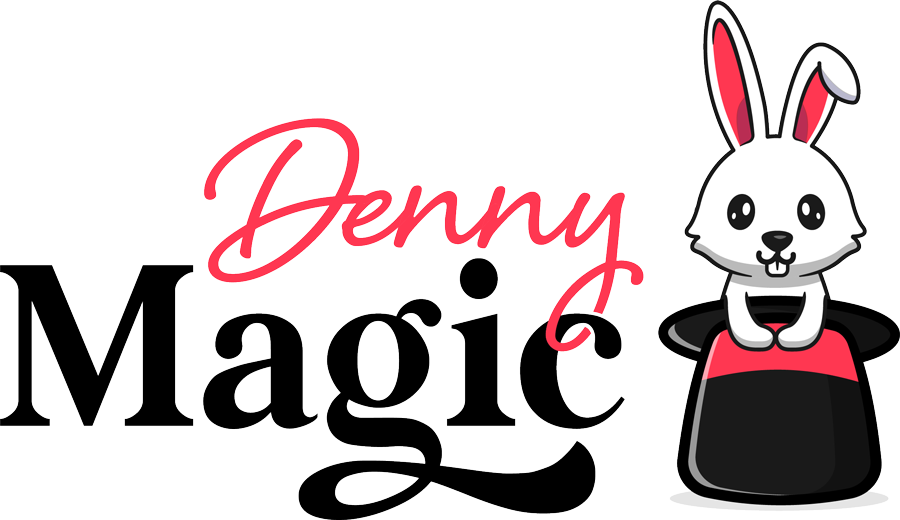Magicians are broadly categorized into two types, stage magicians and close-up magicians. Stage magicians perform their illusions on a stage, usually with the help of assistants. Close-up magicians work small spaces, mostly with cards or coins.
There are many subcategories to both types, for example, sleight-of-hand artists use cards because it is easier to conceal manipulation techniques that way. In this article, we will go into detail on the different types of magicians, read on.
Different Types of Magicians
In short the common different types of magicians are as followed: Mentalist, Silent Magician, Sleight of hand magician, Manipulator, Conjurer, Escapologist, Comedy magician, Street magicians, and screen magicians. It is very easy to differentiate the magicians when they perform the tricks.
The Mentalist:
A mentalist is a magician who performs feats of the mind and often has few, if any, physical props. They use different methods such as telekinesis, telepathy, clairvoyance or extrasensory perception or have a keen knowledge of psychology to perform their acts. Mentalists are sometimes categorized as “paranormals”. Famous mentalists include Derren Brown, Uri Geller, and David Blaine.
Silent Magician:
The silent magician is usually found in a parlor show, close-up/strolling magic or illusions. These magicians specialize in close-up sleight of hand.
They are also known as card technicians, illusionists, manipulators, and conjurors. In modern times, many use a combination of methods from the following categories – sleight of hand, psychological aspects, and prestidigitation (illusion).
Sleight Of Hand Magician:
A close-up magician is a performer who makes use of his/her skills at manipulating small objects like cards, coins, balls, or handkerchiefs.
Close-up magic is performed with the audience close to the magician such as a parlor or stage show and can be done standing or sitting. The sleight of hand magicians relies on dexterity, skill, and misdirection.
Manipulator Magician:
A manipulator is a magician who uses misdirection, sleight of hand, and change of location to fool the audience. They are often found in stage or parlor shows. The main objective is not to manipulate objects for the purpose of entertaining.
Manipulators are also used in television shows like “Penn & Teller: Fool Us”, which tests how well magicians with no previous experience in performing can learn within a few months to perform magic tricks that they have never done before.
Conjuror:
A conjurer is a magician who performs with his own illusions, props, and magic creatures (e.g., unicorns). Conjurers are sometimes known as “real life magicians” because they try to simulate mystical events that occur on stage or in the real world (such as giving out objects in exchange for money).
Escapologist:
An escapologist is a magician who specializes in escape acts. The art of escapology requires constant practice, concentration, and dedication.
Escapologists are often associated with jail breaks, bank vaults, and padlocks. Most performing escapologists practice one or more of three forms of escapes: “Houdini-style” escape from handcuffs, locked packing crates, and straitjackets.
Commedy Magician:
A Comedy magician blends comedy with magic. Comedy magicians often involve the audience, playing pranks on them or having them participate in the show. Comedy magicians have many different performance styles from strolling magic to parlor shows to close-up and stage magic.
Street Magician:
Street Magic refers to a particular style of performance that is largely an improvisation around standard tricks that may or may not be scripted.
It is characterized by encounters with the public and relies on a performer’s quick wit in order to achieve success. Street magicians often use small props such as cards, coins, and balls to build a routine. Street magicians can also be referred to as “buskers” or “entertainers”.
Monologue Magician:
One of the most common types of magicians is a monologue magician. These magicians are known for performing different tricks or illusions while they tell the history behind each one.
Some magicians perform their monologues on stage while others may do them in parlors or even in schools. There have been many famous monologue magicians such as David Copperfield, Lance Burton, and Siegfried and Roy.
Black Art Magician:
A Black Art Illusionist is someone who blends magic with art. Different props and illusions are used to make the performance amazing.
Screen Magician:
A screen magician makes use of an apparatus to create a magical effect. The screen magician makes use of different props to create a magical effect when projected on a screen such as smoke, light, and other visual effects.
Conclusion:
Always remember, you can also become a magician by reading magic books. Learning from books is better than learning from magicians. But it can be also fun to watch how people perform magic tricks. I hope you found this article really helpful. Keep visiting this site for more updates on magic.

